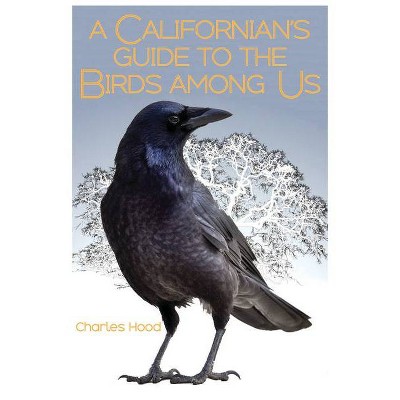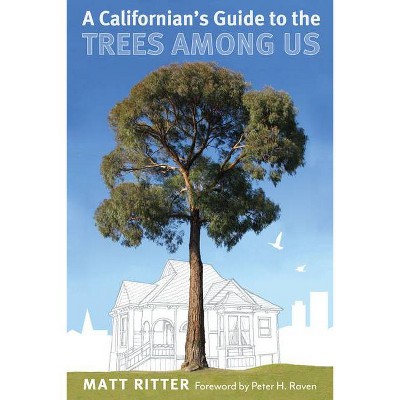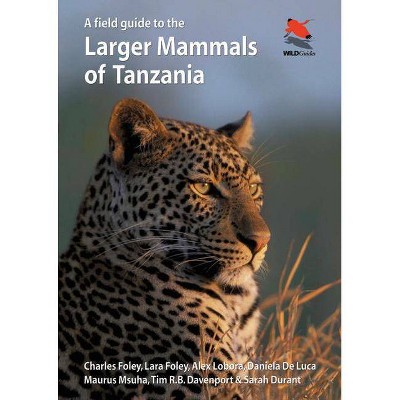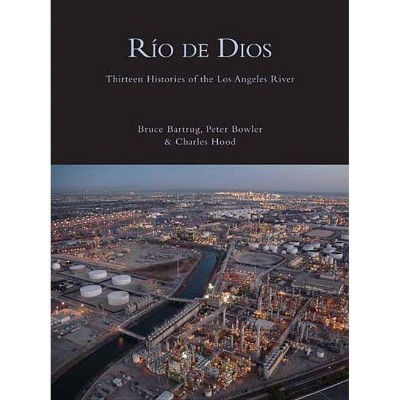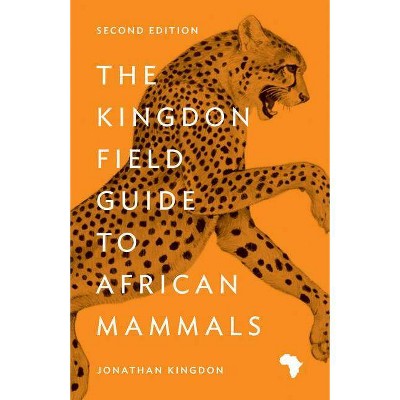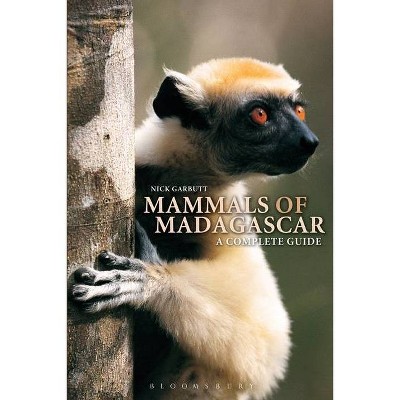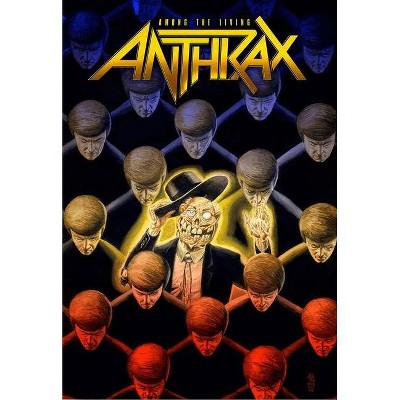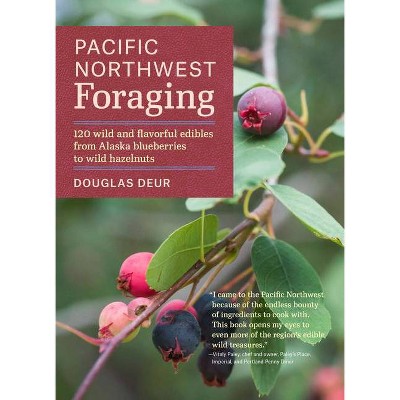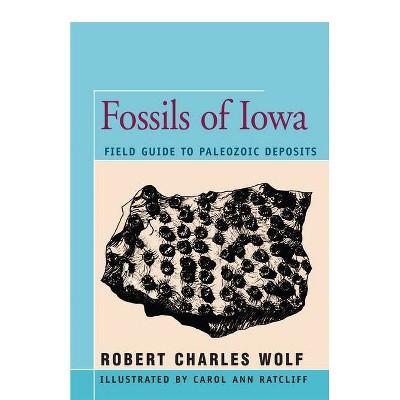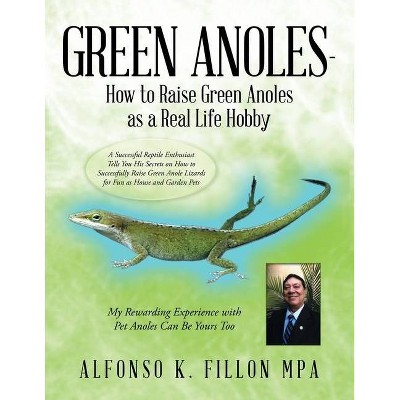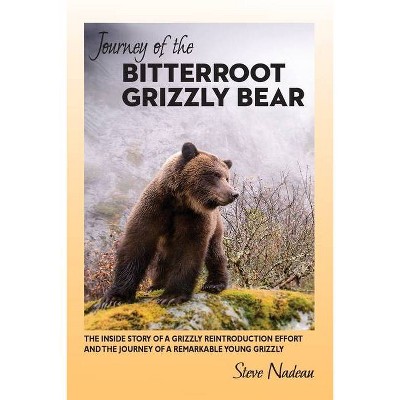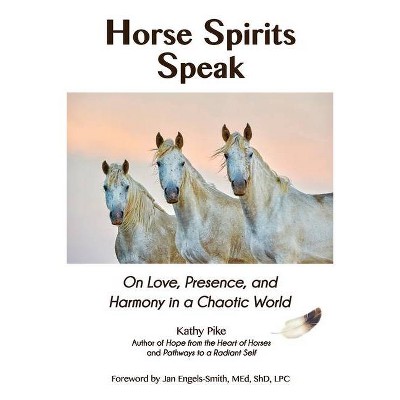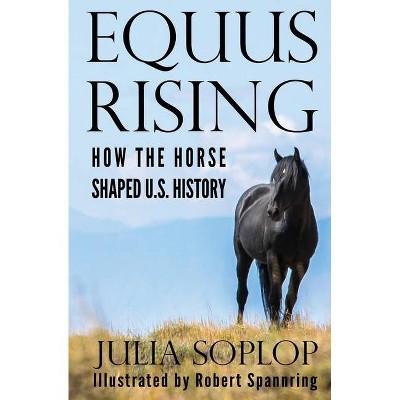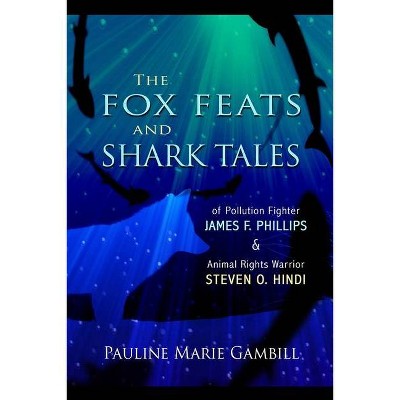A Californian's Guide to the Mammals Among Us - by Charles Hood (Paperback)
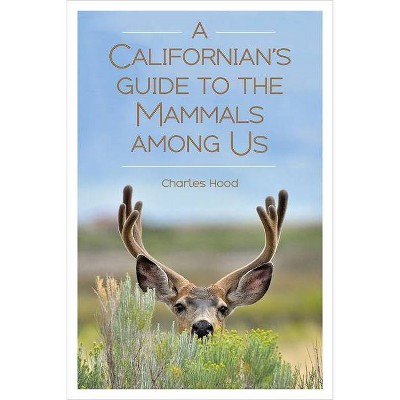
Similar Products
Products of same category from the store
AllProduct info
<p/><br></br><p><b> About the Book </b></p></br></br>"At its current tally of 212 species, California's mammal list is the largest of all the United States'. This new guidebook joins its sister titles A Californian's Guide to the Birds among Us and A Californian's Guide to the Trees among Us in introducing naturalists of all levels to over forty varieties of the Golden State's fascinating warm-blooded wildlife. Full-color images and evocative descriptions make identification fun and intuitive: a bobcat, for example, has "a Civil War look, with old-fashioned sideburns framing the face in black and white," while a blue whale is named for its coloration of not "old jeans or dull paint, but a luminous, 'how can water catch on fire?' kind of blue." Author Charles Hood supplements essential information with strange but true facts like voles' predilection for deer antlers as a source of calcium, and Mexican free-tailed bats' ability to live in gaseous environments that would kill most other animals. With refreshingly pragmatic commentary ("the fact is, even for experienced naturalists, most chipmunks look pretty much alike") and sound advice for where to see mammals in urban and wilderness settings alike, this lively and even quotable guide will inspire people to connect with their environments wherever they are"--<p/><br></br><p><b> Book Synopsis </b></p></br></br>At its current tally of 212 species, California's mammal list is the largest of all the United States'. This new guidebook joins its sister titles <i>A Californian's Guide to the Birds among Us</i> and <i>A Californian's Guide to the Trees among Us</i> in introducing naturalists of all levels to over forty varieties of the Golden State's fascinating warm-blooded wildlife. Full-color images and evocative descriptions make identification fun and intuitive: a bobcat, for example, has "a Civil War look, with old-fashioned sideburns framing the face in black and white," while a blue whale is named for its coloration of not "old jeans or dull paint, but a luminous, 'how can water catch on fire?' kind of blue." Author Charles Hood supplements essential information with strange but true facts like voles' predilection for deer antlers as a source of calcium, and Mexican free-tailed bats' ability to live in gaseous environments that would kill most other animals. With refreshingly pragmatic commentary ("the fact is, even for experienced naturalists, most chipmunks look pretty much alike") and sound advice for where to see mammals in urban and wilderness settings alike, this lively and even quotable guide will inspire people to connect with their environments wherever they are.<p/><br></br><p><b> Review Quotes </b></p></br></br><br>"Fun, highly readable and informative, with terrific photos! A great place to learn about the secret world of mammals."--Fiona Reid, author-illustrator of <i>Peterson Field Guide to Mammals of North America</i><p>"Makes California's world-class mammal spotting more accessible than ever."--Jon Hall, founder of Mammal Watching<br>
Price History
Cheapest price in the interval: 17.39 on October 22, 2021
Most expensive price in the interval: 17.39 on November 8, 2021
Price Archive shows prices from various stores, lets you see history and find the cheapest. There is no actual sale on the website. For all support, inquiry and suggestion messagescommunication@pricearchive.us
